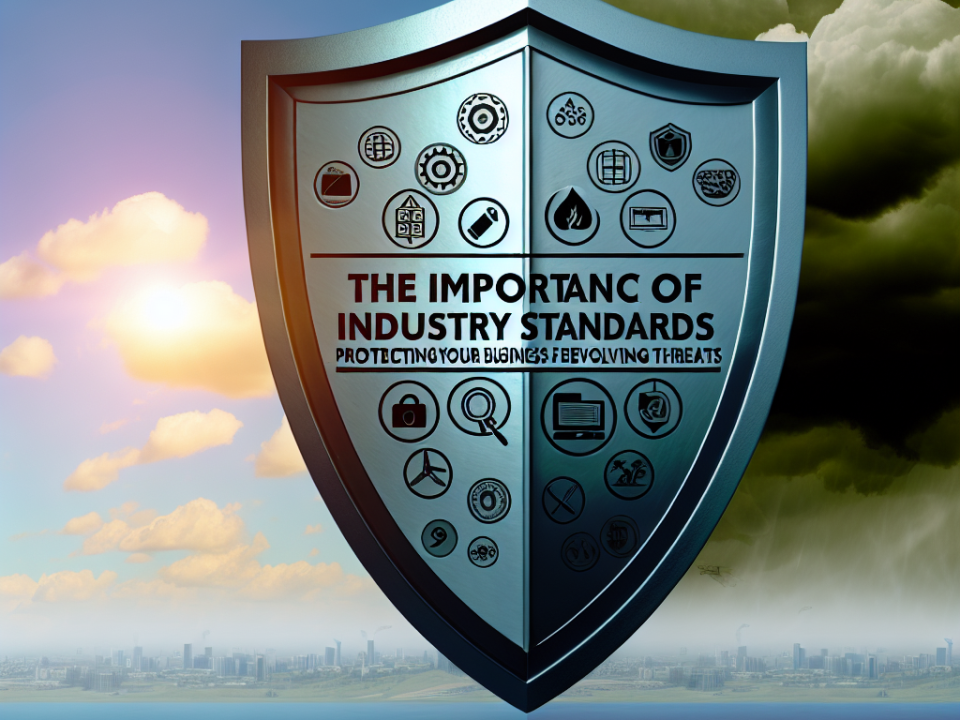
The Future is Secure: Innovations in Cloud Infrastructure Protection
July 5, 2025
Beyond Compliance: Building Resilience in Cloud Security Frameworks
July 6, 2025
In an increasingly digital world, the protection of personal information has taken center stage. As data breaches and privacy concerns rise, regulatory frameworks have emerged to safeguard individuals’ rights. Two significant regulations stand out: the General Data Protection Regulation (GDPR) in the European Union and the California Consumer Privacy Act (CCPA) in the United States. This article aims to decode these crucial security compliance regulations, their similarities, differences, and implications for businesses.
Understanding GDPR
What is GDPR?
The General Data Protection Regulation (GDPR) came into effect on May 25, 2018, revolutionizing the way organizations handle personal data within the EU and beyond. Its primary aim is to empower individuals with control over their personal data while imposing stringent obligations on businesses.
Key Features of GDPR:
-
Data Protection Principles: GDPR outlines several principles, including data minimization, storage limitation, and purpose limitation, ensuring that personal data is processed fairly and transparently.
-
Rights of Individuals: Under GDPR, individuals have rights such as the right to access, the right to rectification, the right to erasure (also known as the "right to be forgotten"), and the right to data portability.
-
Accountability and Compliance: Organizations must demonstrate compliance by maintaining records of processing activities, implementing appropriate security measures, and appointing a Data Protection Officer (DPO) when necessary.
- Fines and Penalties: Non-compliance can lead to severe penalties, with fines reaching up to €20 million or 4% of annual global turnover, whichever is higher.
Understanding CCPA
What is CCPA?
The California Consumer Privacy Act (CCPA), effective January 1, 2020, is a landmark privacy law in the United States that enhances privacy rights for California residents. It reflects a shift towards greater consumer protection in an era dominated by data-driven business models.
Key Features of CCPA:
-
Consumer Rights: The CCPA grants California residents several rights, including the right to know what personal data is collected, the right to delete personal information, and the right to opt-out of the sale of their data.
-
Scope and Applicability: CCPA applies to for-profit businesses that meet specific criteria, including annual gross revenues over $25 million, data collection of personal information from at least 50,000 consumers, or deriving 50% or more of their annual revenue from selling consumers’ personal data.
-
Enforcement and Regulations: Unlike GDPR’s centralized enforcement by Data Protection Authorities, the CCPA is enforced by the California Attorney General. Businesses can also face civil penalties for non-compliance.
- Penalties: Violations can result in fines of up to $7,500 per intentional violation and $2,500 per unintentional violation, making compliance a top priority for businesses.
Key Comparisons Between GDPR and CCPA
Scope of Application
- GDPR: Applicable to any organization handling data of EU citizens, regardless of the organization’s location.
- CCPA: Primarily focused on California residents and applies to businesses that meet specific thresholds within or outside California.
Consumer Rights
- Both regulations empower individuals with rights over their data, but GDPR offers more comprehensive rights such as data portability and the right to object.
Enforcement Mechanisms
- GDPR features a more unified enforcement approach through Data Protection Authorities in each EU member state, while CCPA enforcement is decentralized, relying on the California Attorney General.
Financial Implications
- GDPR introduces steeper penalties, which can significantly impact organizations that fail to comply, whereas CCPA penalties, while still steep, are comparatively less severe.
Implications for Businesses
Navigating the complexities of GDPR and CCPA compliance is vital for businesses that handle personal data. Here are some implications:
-
Increased Accountability: Organizations must implement robust data management frameworks, regularly audit practices, and appoint data protection officers to monitor compliance efforts.
-
Consumer Transparency: Ensuring transparency about data collection and usage practices is critical. Companies must strive to provide clear privacy notices and easy mechanisms for consumers to exercise their rights.
-
Global Considerations: With the extraterritorial reach of GDPR, businesses worldwide must adapt their data protection strategies to comply with these regulations, leading to heightened security measures and risk management.
- Cultural Shift: Compliance is no longer a checkbox exercise; it has transformed into a corporate culture that prioritizes data privacy, customer trust, and ethical data usage.
Conclusion
As regulations like GDPR and CCPA continue to shape the landscape of data protection and privacy, businesses must adapt to comply with these frameworks. Understanding the nuances of each regulation is vital for organizations looking to build trust with consumers and protect their data. In an era where data is currency, fostering a culture of compliance and transparency is not just a regulatory requirement; it is a business imperative.







